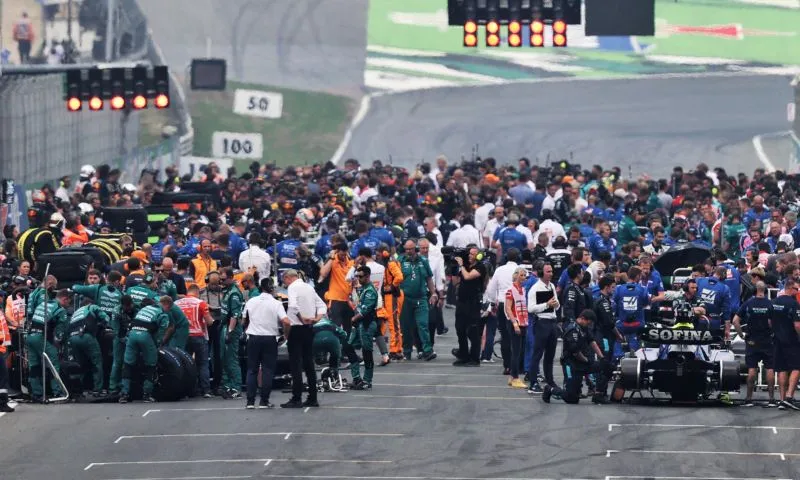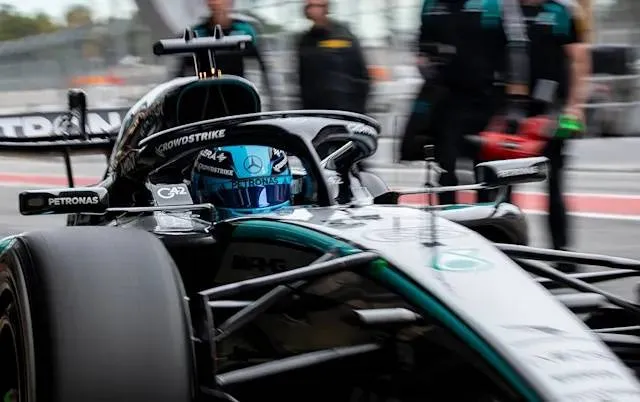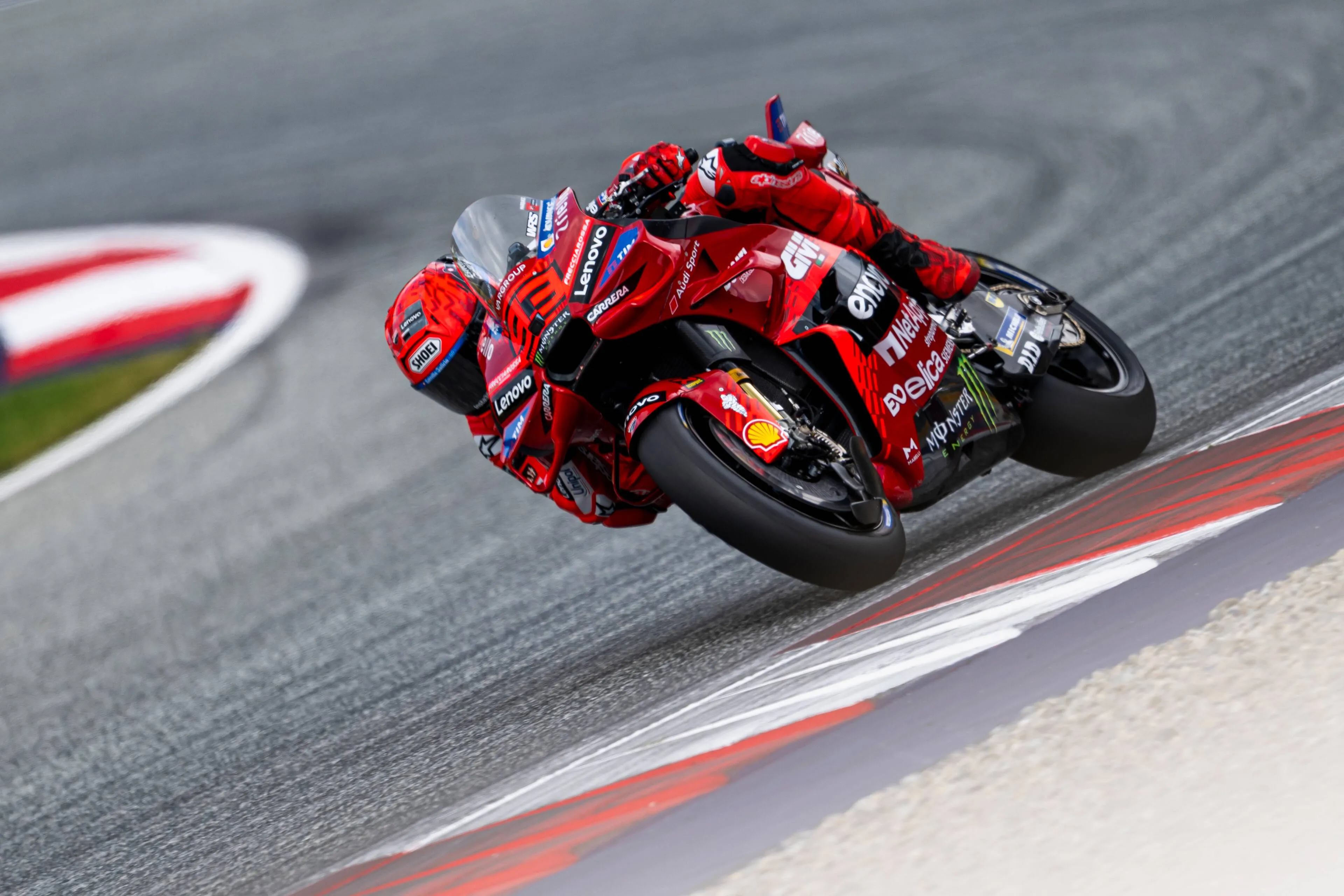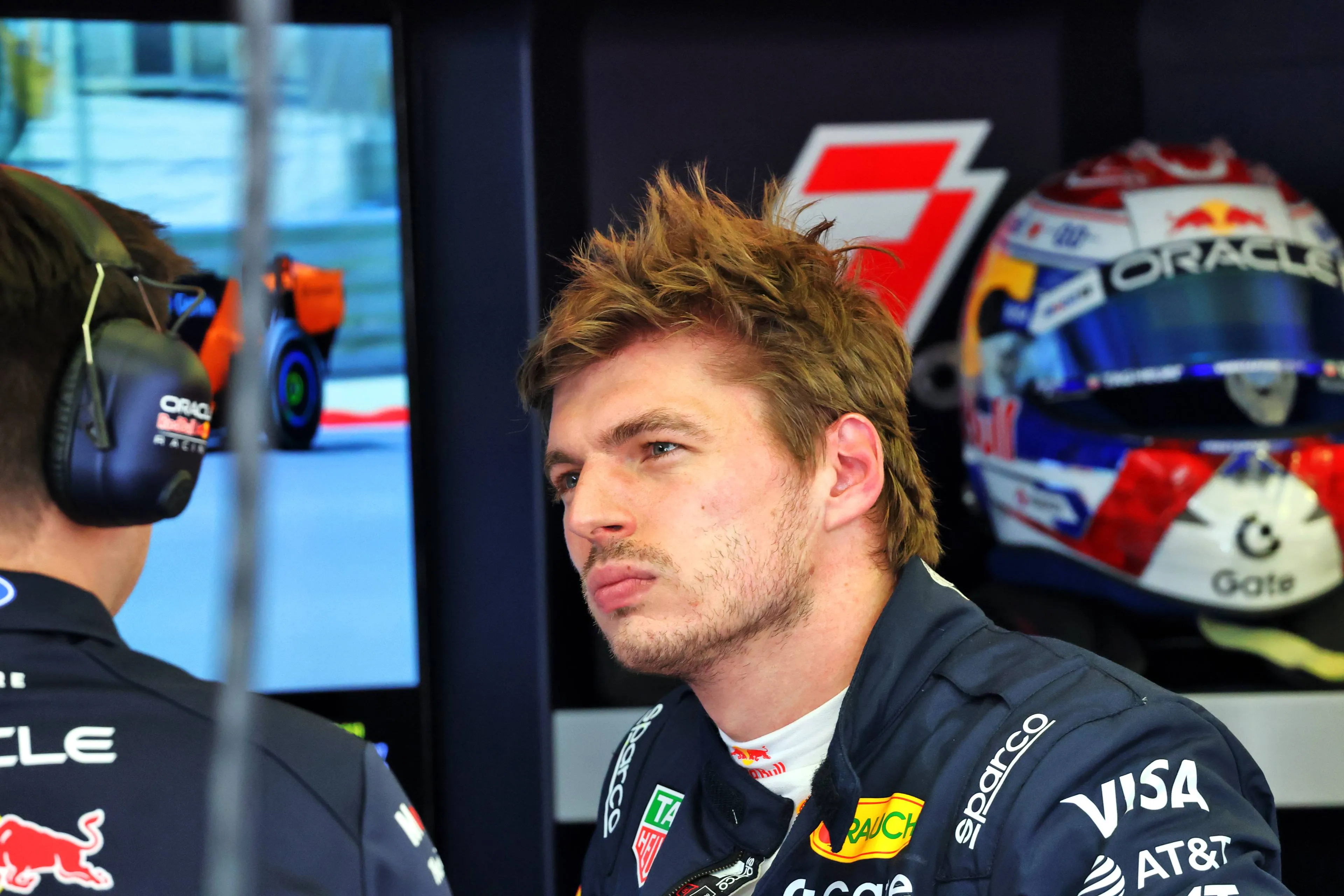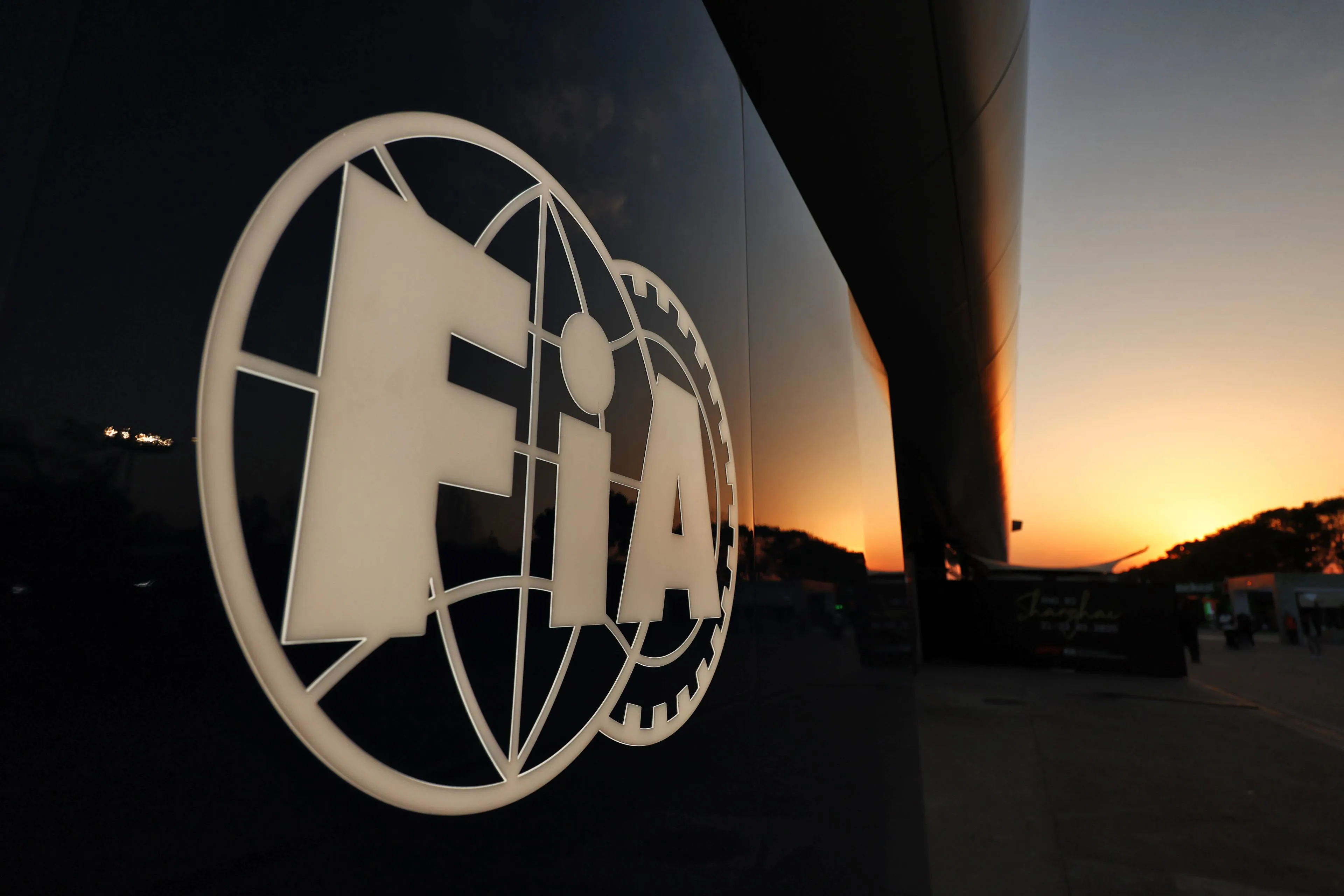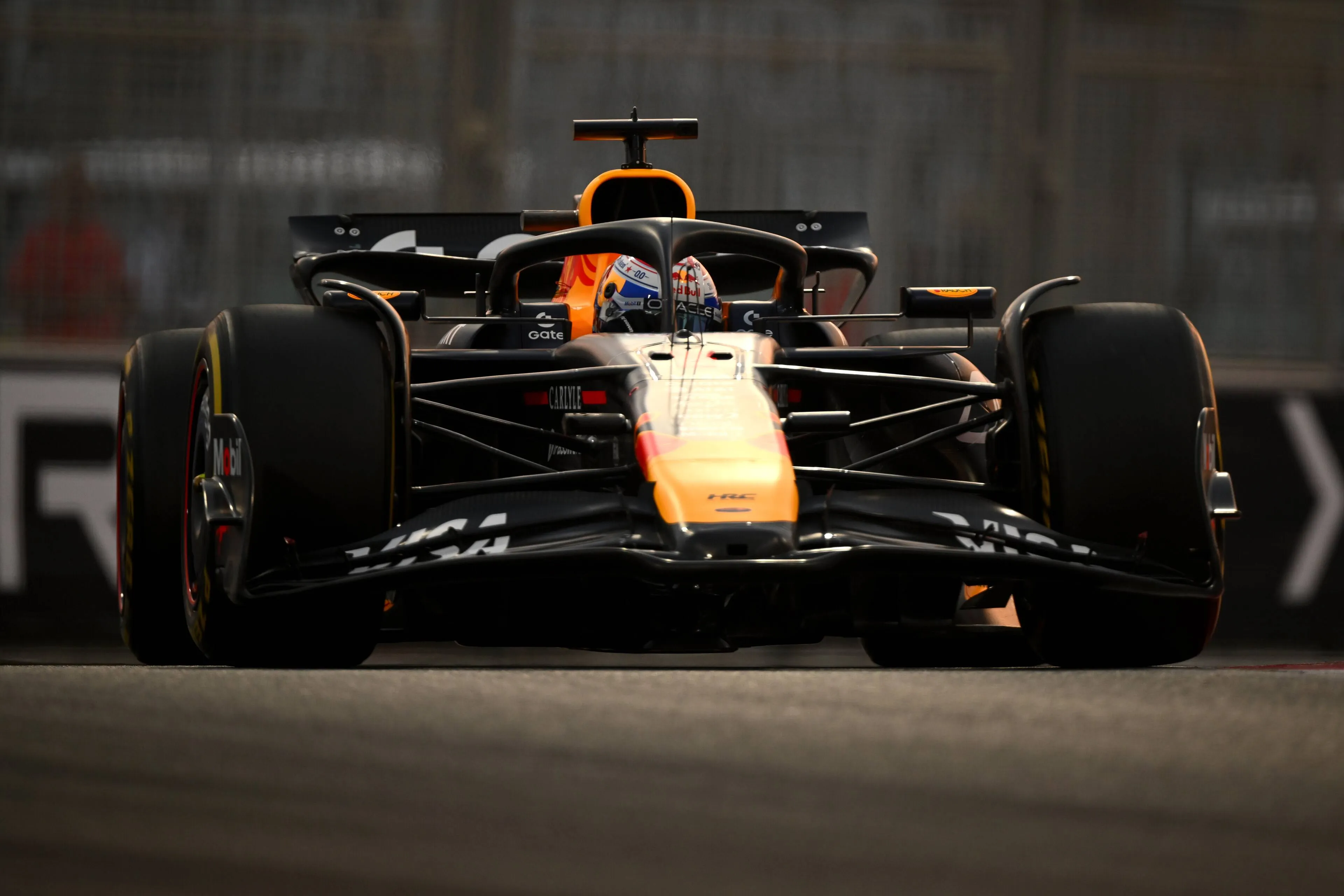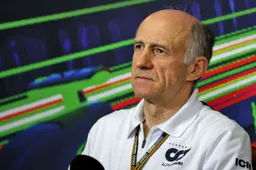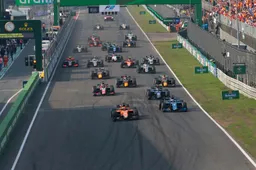The Italian Grand Prix started on Sunday with a completely different starting grid than qualifying suggested. This was due to the huge amount of grid penalties. So the question is whether this still suits F1? We asked editors of the various editions of GPblog.
Rishi Wedge - English edition GPblog (Australian)
Grid penalties are a necessary evil in the world of F1. In a post-covid & cost-cap motorsport, erroneous wastage must be limited as much as possible. Penalties are a good way of applying it to teams who have exceeded their component allocation, but the system could benefit from more stringent financial repercussions. F1 needs, either way, needs a more logical way of providing penalties, so that absurd circumstances occur (where drivers can gain positions through taking a penalty), or provide a visual display as to how these penalties are applied, preferably spreading these through social media.
Daniel de Ruiter - Dutch Edition of GPBlog
The numerous grid penalties handed out during the Dutch GP and the Italian GP twice caused some rumblings at the FIA and ultimately a striking starting grid. Apart from that, I don't see any problem. Evidently, the limits the FIA imposed on teams regarding the use of powertrain parts have been reached. The fact that this is happening simultaneously at almost all teams shows, in my opinion, that there is a good understanding of the reliability and durability of the parts. With six races to go, though, all teams have already gone over the maximum number allowed with any given component. As long as Formula 1 aims to reduce/equalise team expenses and make the sport more sustainable, grid penalties for excessive use of engine parts seem very practical and useful, in my opinion.
Andrea Bassini - Italian edition of GPBlog
Grid penalties have become one of the most decisive factors in Formula One. In general, I agree with their use, as they seek to ensure greater balance between the teams in terms of the components used and infractions. From this point of view they are crucial in keeping Formula One an attractive show and keeping competitiveness high. On the other hand, a situation like the qualifying of the Italian Grand Prix cannot be repeated: the starting grid was not discovered until 9pm, a good four hours after the end of qualifying. Such a situation is unacceptable. What suffers the consequences is the spectacle and the appeal to fans at home and away. In my opinion, penalties are part of the game and the solution is not to eliminate them. The FIA must strive to be more responsive in communicating its decisions, but the penalties must remain, so as to make the Grand Prix more unpredictable.
Nicole Mulder - Dutch edition of GPBlog
If one thing has become clear after the grid penalties debacle at Monza, it is that something needs to change. In my opinion, the problem lies not so much with the grid penalties, but with the fact that three engines per season is not sufficient for the majority of F1 teams. This is not surprising given the explosive growth of the calendar, which from 2023 may see the maximum number of 24 races. As far as I am concerned, the grid penalties can stay but the limit on the number of engines allowed goes back to four, as was the case before 2018.
Camille Stocker Cassiède - French Edition of GPblog
Grid penalties are necessary for the fairness of the races. It allows teams to not change parts as they wish and not give an advantage to the big teams who could have a new car every morning. They also allow the races to start when the leaders are penalised, as we have seen in the last Grand Prix. This in turn creates interesting races with the leaders coming through the field.
Matt Gretton - English edition of GPblog (English)
Formula 1 is already a complex sport. Adding in situations where drivers earn points and teams don't would just further complicate matters. How often do we see a myriad of grid penalties? Twice this season out of 22 Grands Prix. It adds an extra dimension and storyline to the season whereby we get to see fast drivers coming through the field. Think back to Brazil last season with Lewis Hamilton, or Belgium this year with Max Verstappen. It highlights their skills and provides F1 with an additional narrative. As long as it only happens two or three times a year, then no knee-jerk reactions are required.
Jordi Smit - Dutch edition of GPblog
The confusion that prevailed during the Italian GP is detrimental to Formula 1 and therefore unacceptable. For example, just before the race, Verstappen was not even sure where he would start. This is certainly remarkable, as it should be established how a starting grid is designed in case of grid penalties. So far, the criticism is understandable, but otherwise it is simply agreements made by the teams. It is logical that the organisation has rules about materials. When race teams go over that, a penalty simply follows. Moreover, it creates extra tension when top drivers who normally start at the front are found in the midfield or at the back. That way, Formula 1 fans are only served extra. In short, the FIA would be wise to make communication much faster and clearer than last weekend, but then move on to the order of the day.
Simone Tommasi - GPblog Italy
Grid penalties are a good way to 'sanction' those who use more components than allowed by the rules. It is said that only the team, and not its drivers, should be penalised, but the drivers themselves also benefit from a new engine, a new gearbox, and it is, therefore, right that a penalty for changing components applies to both the team and the driver. In addition, grid penalties have the side effect of reshuffling the starting grid, making races more unpredictable. Perhaps a way would have to be found to make the grid composition more immediate even in the presence of penalties, but that is a matter easily addressed. Of course, if after two Grands Prix we find ourselves again with half the drivers affected by penalties, perhaps the maximum number of components that can be used should be reviewed...
Read more about:
Rumors
Popular on GPBlog
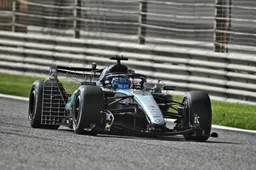
1
F1 LIVE | Reactions to Mercedes' lap times and Hamilton's red flag in Bahrain
2536 times read
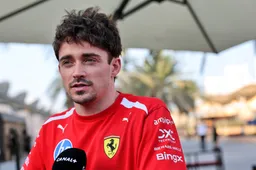
2
Leclerc joins debate following Verstappen’s sharp criticism of new F1 rules
1428 times read
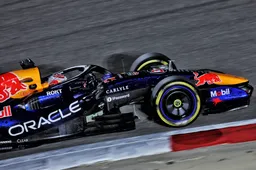
3
McLaren and Ferrari stand out, Mercedes and Red Bull lag behind in Bahrain
1038 times read

4
These are the winners and losers of the Bahrain winter test
983 times read
Loading
